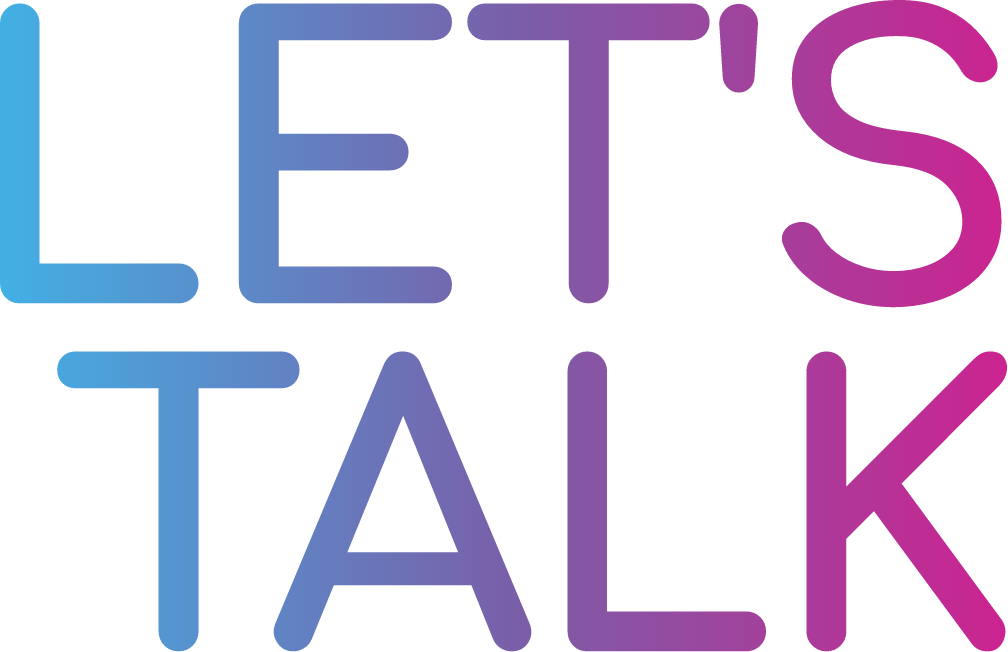In the age of technology and artificial intelligence (AI), it may seem pointless to carry around a business card to hand out for networking purposes. Between LinkedIn, Facebook, and Twitter, business cards seem to waste money and resources.
Although it appears like we are moving away from business cards, in reality – these small paper cards are just gaining momentum.
Since the 17th century, business cards have been around when European aristocrats used them to announce arrivals into new towns or homes. Business cards were a symbol of high society but looked about the same size that they are today. By the nineteenth century, these cards became a must-have for anyone in the middle class. Homes even had card trays for visitors to leave their cards in.
Even though connecting with somebody on LinkedIn may be the motion society uses to create a network connection, business cards are more personal, lasting, and genuine for networking. It is challenging to make lasting business relationships with others when we focus on our phones and texting contact information or finding profiles on social media.
Business cards are still an effective marketing tool, especially in today’s age when no one hands them out anymore. Yes, modern technology like emails, search engine optimization, and paid advertising do create traffic for potential leads and prospects, but having an in-person meeting ending with a handshake and a business card exchange is an act that can never be replaced – in a highly competitive legal market scene (not to mention the Legal Marketing arena).
The cards themselves are a way to show off your brand and create a solid and professional first impression. Your card should be something memorable, so it stands out amongst many other business cards. Today, you may find metal cards, guitar-shaped cards, and everything in between. As time goes on, people work very hard to make their cards stand out, so they don’t get lost in the masses.
The beauty of these tiny cards is they are ten times faster than anything digital. You can instantly give your contact information in a second, which might be quicker than any software application. Business cards can be viewed as a form of basic etiquette and a sense of business professionalism. Back in 2017, Forbes asked the question ‘if business cards are dead or not’. They found some people thought you should have business cards handy for an old-school audience, and business cards are just a supplement to digital connections.
This point is vital because a business card should be viewed as only the beginning of a business relationship. The card can be a tangible object that starts the connection, but the connection can be continued through social media such as LinkedIn or Facebook.
Business cards are an essential tool for in-person networking because the cards are professional and last longer. In this remote working age that we are in, it is easy to rely on social media platforms to connect and network. However, as we move back into a post-pandemic society, it is essential to remember this business etiquette for in-person networking, whether at conferences, meetings, or conventions.
Keeping a business card on you that shows your brand and gives new connections is an easy way to contact you is still an important tool to have in a highly competitive legal marketing world. Keeping one handy might help you find a new client, potential employee, and whatever else your networking skills may help you. Even though we are in a digital age, it is still important to stick to the basics and keep the business card alive.
Noa Siskind is an incoming fourth-year undergraduate student at the University of Tennessee. She is interning with Robus through a two-month intensive Masa abroad program. She is studying public relations with a minor in business administration and plans to attend law school in the near future. Noa has spent her time at Robus learning about the legal tech industry and hopes to apply this knowledge to a future law career in the US.






